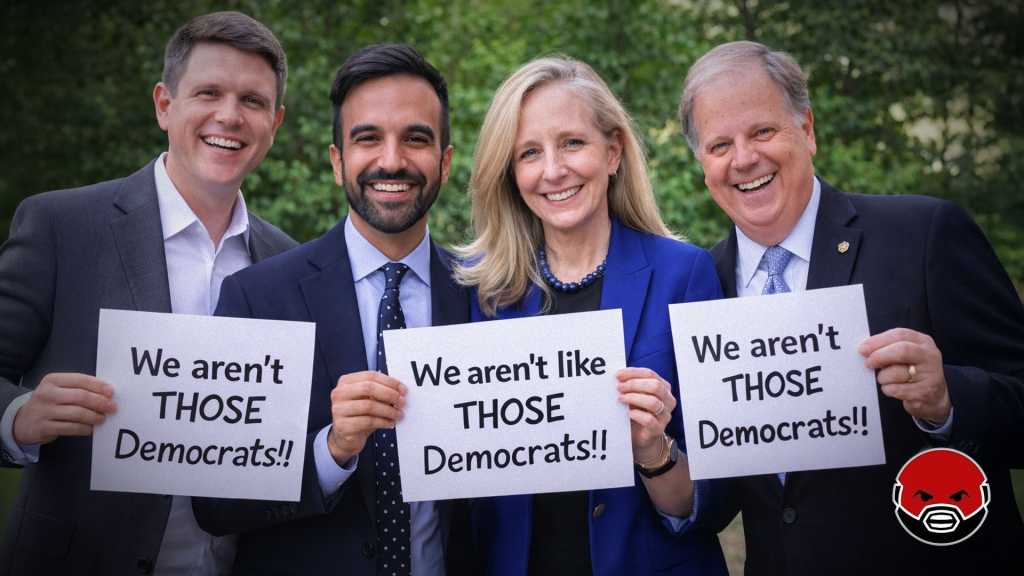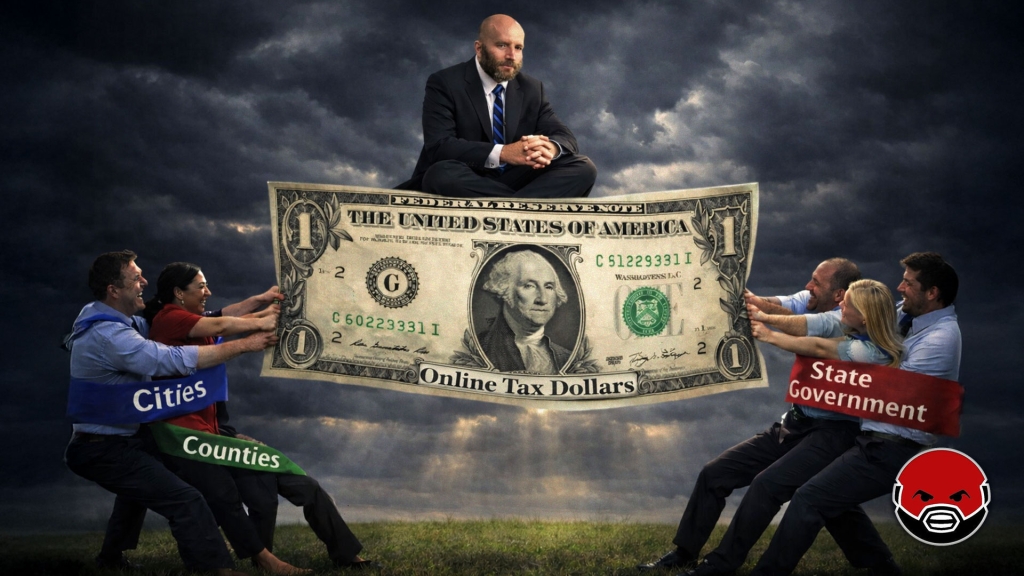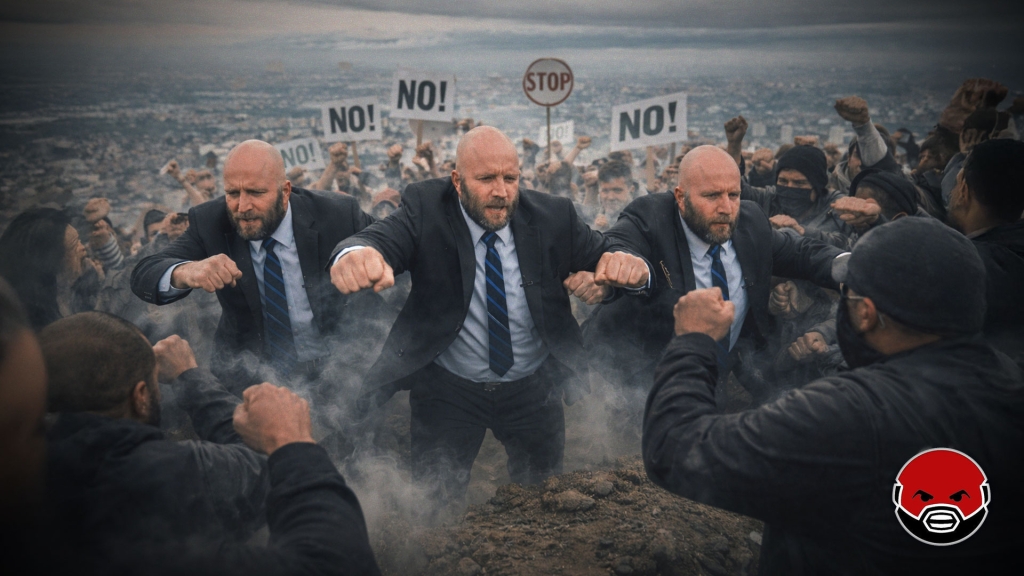
Listen to the 10 min audio
Read the transcript:
TOM LAMPRECHT: Harry, John Stonestreet recently addressed the fact that America is shrinking. He said, “I don’t mean we’re getting shorter.”
What he was referring to is the latest official estimates taken from two years of data that puts the U.S. fertility rate at 1.84 percent. In other words, the average American woman will have just under two children in her lifetime.
Obviously, if we stay on this trajectory, we can’t replace our population.
NO BETTER THAN EUROPE
DR. REEDER: Now, all of us look at Europe and we hear the horrors of the shrinking European population. Well, actually, we’re shrinking faster – not by many decimal points of the percentage, but we’re actually shrinking faster. We’re having less children per family than even Europe.
It’s really interesting – I don’t mean to be morbid or insensitive in this following sentence but maybe just to try to get the point across – an interesting phenomena has been captured in Japan where neighbors are finding people dead in their apartments because of the odor. They actually have a way now, who you contact and it’s being publicized, if that happens to you.
Why would they do that? Because over 4,000 Japanese are dying in their home alone each week. The fact is, is they don’t have families. They don’t have children to take care of them. That’s what’s happening. They are alone.
Somebody said to me one time about my children and I said, “Well, I love my son. Man, I have a great son, but I take a lot of time with my daughters because I know they’re the ones who are going to take care of me. They’re going to pick out my casket or my nursing home.
CAUSES OF THE LOWERING BIRTHRATE
That’s just an evidence of what we’re talking about and that’s the trajectory that the United States finds itself following. Why?
- We devalue children
- We have undermined the family structure.
That’s why we talked about the last tax reform package that affirms the family structure as being so important. We actually penalize marriage and the family structure, historically in the last years, but this last tax reform package has kind of turned that around a little bit.
However, we also undervalue children and then we kill children. We have a holocaust upon the unborn children. When you stop and think of the 60 million plus children that we’ve killed with abortion, what would they be doing for their families? How many Mozarts have we killed? How many Schweitzers have we killed? How many great people have we killed?
And, by the way, everybody’s made in the image of God and everybody has value and dignity no matter what they achieve because they’re made in the image of God.
We kill children, we devalue children and we have adopted policies that have been opposed to marriage, family and the having of children and so we’re on that trajectory so you’ve got people that are going to die alone increasingly.
WHY WE AREN’T FEELING EFFECTS
Now, we haven’t felt it so much. When Stonestreet says that we’re shrinking, he’s not talking about our landmass and he’s not talking about our population because of our immigration – that’s how we’re not feeling it.
However, the fact is, to absorb people into this nation to adopt our values through immigration is a challenge when we have lost the grip of our values as a nation. Which, by the way, I believe is partly the effect of the lack of a vibrant church that has both breadth and depth in its ministry.
The church has a lot of breadth, but we’re about five miles wide and one inch deep and, therefore, the impact we’ve had on the spiritual strength of this nation which added to this nation being a melting pot.
We’re no longer a melting pot – we’re now a smorgasbord. We’re hyphenated everything: “I’m a Caucasian-American,” “I’m a Black-American,” “I’m a Hispanic-American.”
That first generation dynamic of being a “Whatever Irish-American,” everyone wanted to get rid of that. They wanted to be in America because America was not defined ethnically – it was defined by a set of values and virtues, which originally had come through the impact of the Great Awakening of the 18th century.
And so we’ve lost that and, therefore, we now have this smorgasbord and the cohesiveness of a nation is lost when they don’t have a common engagement of the values and virtues that a nation at least once stood for.
TOM LAMPRECHT: Harry, Stonestreet makes another interesting observation – which you and I have probably both enjoyed – and that is babies make you optimistic. When I have a new grandchild come into the family, I’m almost euphoric about an optimism for the future and, when new babies aren’t there, we don’t look to the future.
RAISING UP OUR NEXT GENERATION OF AMERICANS
DR. REEDER: Yeah, and the previous thought I was making is that, while it’s difficult to get an immigrant to buy-in, it’s not as difficult to get someone to buy into the virtues of a country if they were raised in that country by parents who understood the virtues of that country.
And, yes, you are exactly right. Look at the face that lights up, “Oh, we’re having a child.” When new life comes, it always is uplifting. A farmer out there, he looks and he sees the seed coming forth in a shoot, he gets excited. “Oh my goodness, what’s going to happen next?” And you see a person that says, “We’re going to have a baby,” and you see the excitement of it. In a church, when people are born again and you got new believers, you see the excitement of it. And the same thing happens when you have a population.
It’s interesting – I, of course, was a part of the Baby Boomer population, which was basically about 3.8 children per family unit. Now we’re down to 1.7 children per family unit.
I believe that not only does the having of children lend to hope and optimism, I think the fact that we’re not having children is a reflection of the loss of hope and optimism and the loss of a right view of children.
WHAT SHOULD CHRISTIANS DO?
Where does that put the church, Tom? The church has a great opportunity. First of all, we not only get a chance to win people to Christ and teach them about the Gospel so that they grow in the grace and knowledge of Christ, as believers, we have this marvelous promise: “I’ll be a God to you and to your children after you.”
The Bible says, “Believe in the Lord Jesus Christ, you should be saved – you and your household. The promise is for you and your children and for all who are far off.”
The Bible says that our children are set apart, sanctified by the Lord. The Bible says that children are a blessing of the Lord. The Bible says, “Train up a child in the way he should go and when he’s old he shall not depart from it.”
My goodness, just think of not only can we bring forth productive citizens in our nation, we can bring forth Christians and so the church ought to be having children.
Now, I’m not telling people to go out and have 13 kids in your family – I’m not saying that – and I’m not going to talk to the matter of family conception control – I’m not going to speak to that today – but I am going to say this: In the church, we ought to see the blessing of new life, not only with new believers, but with new covenant children.
THE CHURCH’S ROLE
We ought to see the hope of new life in our covenant children. We ought to see children as a blessing. “How blessed is the man whose quiver is full of them,” the Bible says. That’s the way we ought to see it within the church, which, by the way, would have a great blessing upon our nation as well as we raise up young children coming to Christ to learn and grow. Then they make good citizens and we can contribute to the well-being of a nation and the public policy of that nation.
Tom Lamprecht: Well, Harry, let me ask you, the evangelical church, is its fertility rate any different than the world’s?
DR. REEDER: Every evidence is it’s a few decimal points higher – it’s not quite as low. And it’s not been an intensive scientific study, but all of the study that’s been done, we are still under that, “replacement” of two children per family, but we’re still a little bit more. I think the church ought to have its own Baby Boom.
And, by the way, another way for us to do it is adoption – let me also get to that. There are children that are had that are unwanted. Then let’s say to people, “Don’t kill your children. Don’t abort. We’ll adopt.” And so, again, back to that tax reform package that has maintained and even increased the credits for adoption process that we can at least have some help there.
And I’m very grateful for the adoption ministry. There’s two ministries that I really love to watch: the Adoption/Foster Care ministry along with our Special Needs Ministry at Briarwood. Let’s continue to do those as churches, as well, Tom.
Dr. Harry L. Reeder III is the Senior Pastor of Briarwood Presbyterian Church in Birmingham.
This podcast was transcribed by Jessica Havin. Jessica is editorial assistant for Yellowhammer News. Jessica has transcribed some of the top podcasts in the country and her work has been featured in a New York Times Bestseller.
Podcast: Play in new window | Download
Subscribe: RSS












